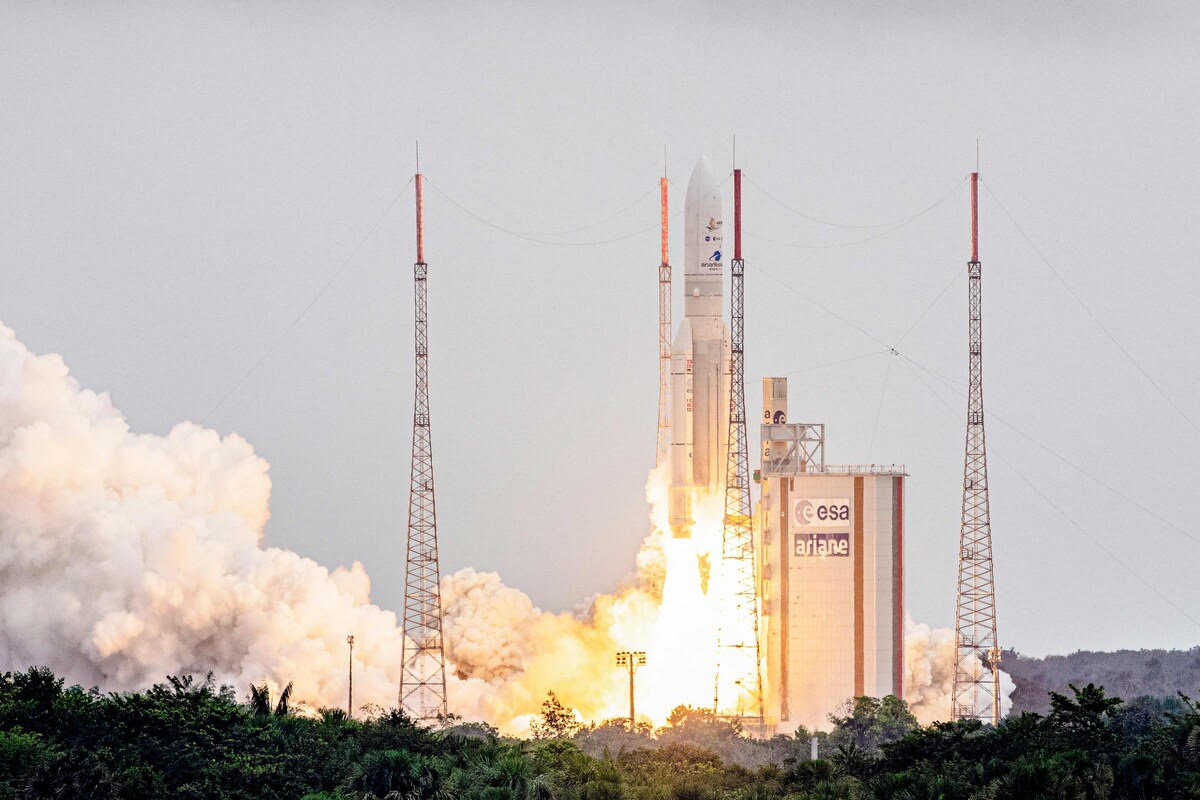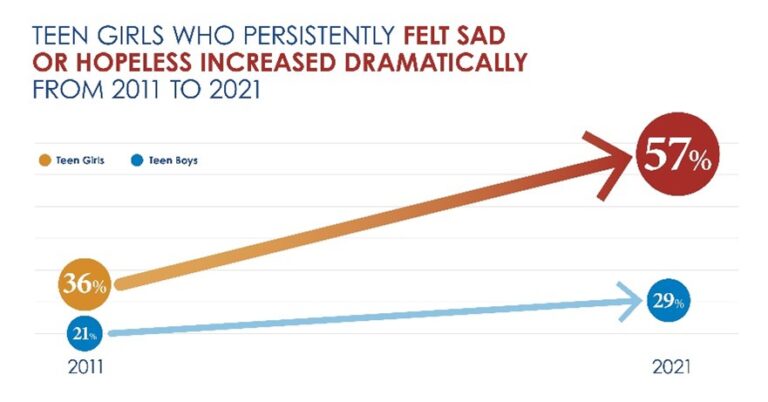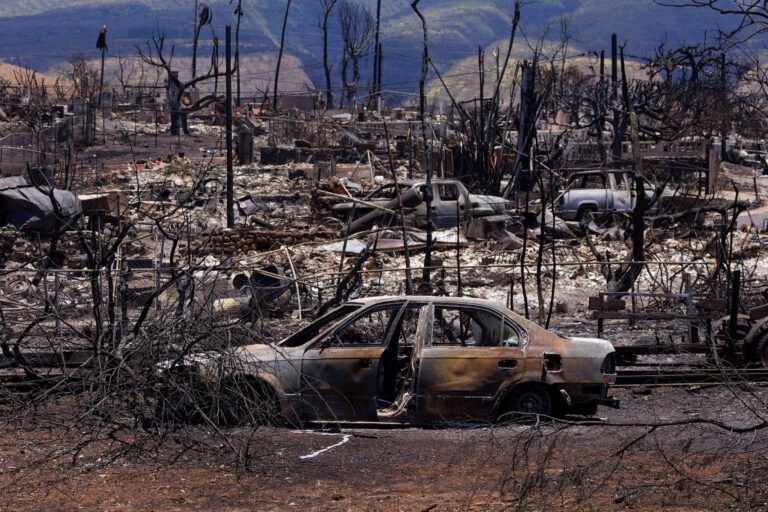Is Space Travel the Best Interest in America’s Future?
In an era where the need for self-preservation and sustainability is paramount, it begs the question: does our $25.4 billion commitment to space exploration in 2023 truly serve a wider purpose? With the ability to address fundamental questions regarding our existence and to understand the properties and histories of our solar system, space exploration is undoubtedly a significant frontier in our world. However, as we increasingly face challenges here on Earth, we must decide if venturing into outer space still retains its importance.
As we all know, space exploration has long been a source of fascination for the nation, as curiosity is human nature. However, amidst ongoing challenges that strip citizens of their basic necessities, the public should question if space exploration is the best use of its tax dollars.
Boasting the world’s largest space exploration budget, NASA continues to soar in funding with a 3 percent increase leading into Fiscal Year 2022. These numbers are expected to jump astronomically in FY 2023, with an 8 percent rise on orders of the he Biden Administration — an additional 2 billion dollars. Positioning itself at the top and amongst global competitors, U.S. space programs managed to rack up nearly $62 billion in spending last year, or 60 percent of global space expenditures.
Such high levels of spending have cemented America’s leadership across outer limits exploration and aeronautics research. However, with the slow pace and seemingly limited progress, it is a fair question to ask if the return on the investment is worth it.
And Americans have certainly been asking themselves the question. According to data collected annually since 1973, the general public agrees that the U.S. spends too much on space exploration, rather than too little. That same data reveals that Americans favor increased spending that supports ongoing issues such as education, climate change, and public health (all favored by nearly 60 percent or more).
Space exploration is a grand endeavor; however, it may be wise to consider diverting funds toward the ongoing domestic crises. As inflation rates have risen to nearly 6.4 percent, reducing government spending would suppress demand-fueled inflation while also giving the government the ability to pay down the debt and control inflation expectations. Research suggests 34 million people, nine million children, and 100% of all counties in the U.S. are experiencing food insecurity due to limited resources provided by an insubstantial government budget allocation. The food crisis indicates that space exploration fails many who need urgent assistance right here on Earth rather than beyond its atmosphere.
In recent years, the United States and much of the global community have been forced to grapple with record-breaking natural disaster events due to climate change. Last year alone saw 18 disastrous weather occurrences, each costing more than a billion dollars in damages, ranking third highest across history following 2005 and 2017. (2022 and 2020 following close behind).
Since 1980, there have been 341 natural disasters, over a billion dollars in damages, and a total cost for the U.S. of over 2.4 trillion dollars. The damage costs from these events surpass the annual federal contracts for disaster relief by billions. These disasters cause many citizens to face immeasurable losses as they witness their possessions, homes, and even families swept away without complete government protection or compensation for recovery.
As disasters begin to ravage our planet due to climate change and its ever-increasing costliness, this funding could be diverted toward maintaining the safety, security, and well-being of those affected by these devastating events. The U.S Government has both an obligation and a potential means at its disposal, but the values of the institution lie elsewhere. A more intentional utilization of funds slated for outer space endeavors could make all the difference in saving lives here on Earth.






